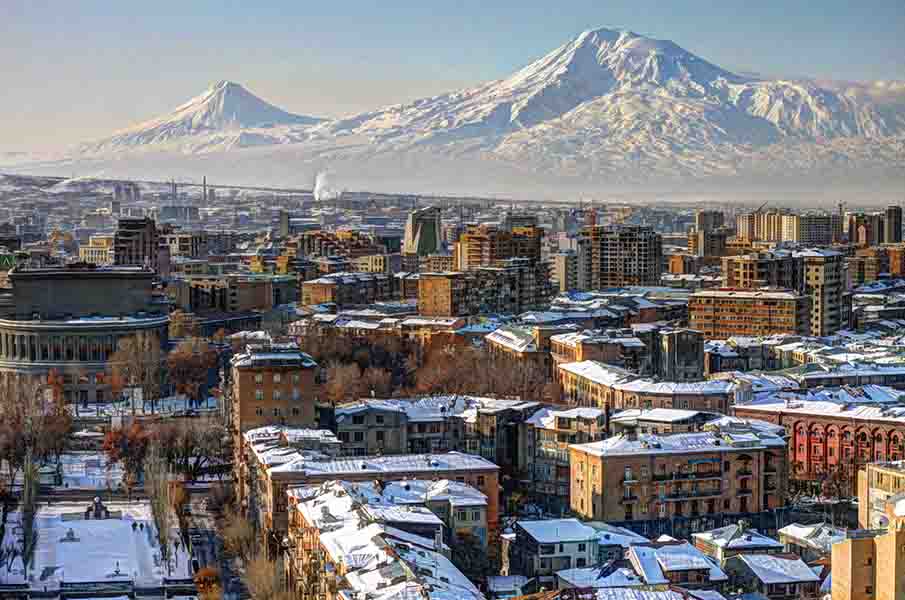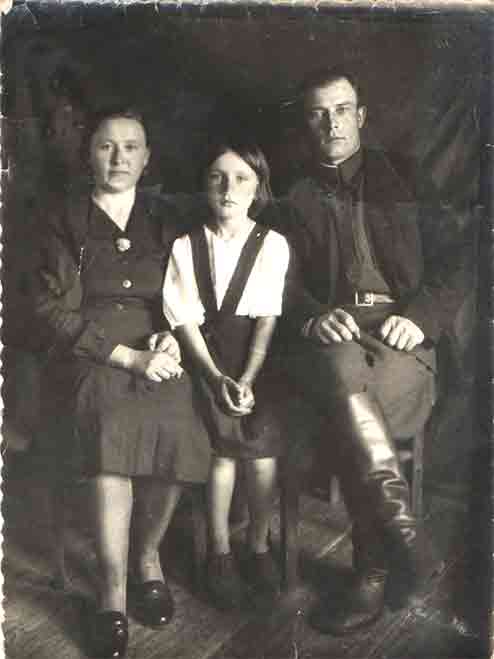The book by Imogene Salva entitled "One Star Away" was published by the author's efforts in 2020 and tells the story of her mother, Józefina Nowicka, who as a child was deported from Poland with her parents and siblings by the communist authorities of the Soviet Union and placed in a forced labor camp in arctic areas of Russian Siberia during World War II.
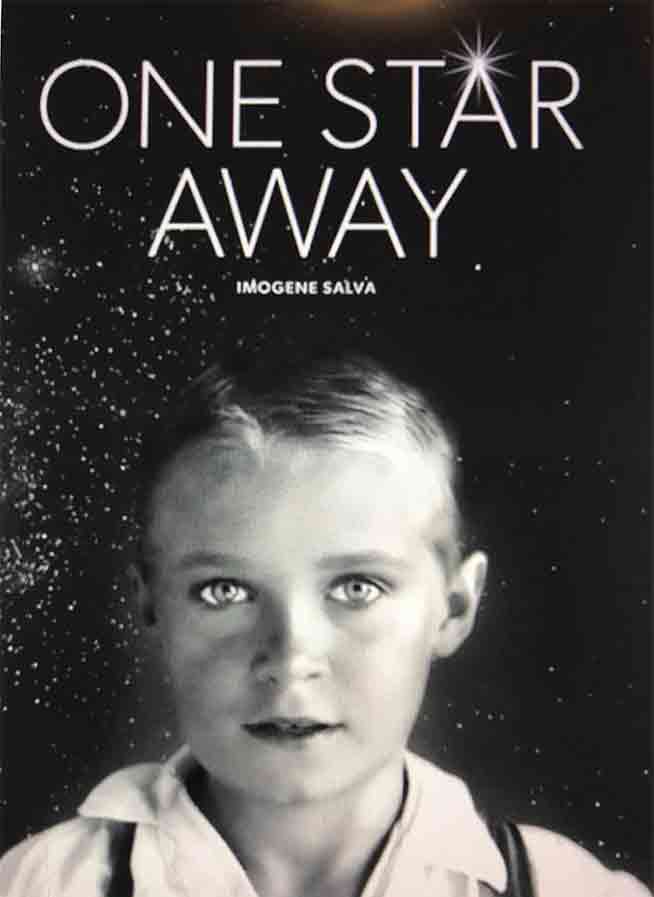
The cover of One Star Away by Imagene Salva
For decades, young generations of Poles brought up in post-war "People's Poland" did not have access to the true history of their country. After the Second World War, Poland was heavily dominated by the Soviet Union and its communist government, and no one could secure the right to publish an article or book that would be free from censorship. Many tragic stories of the Polish Nation have survived only as oral histories passed in privacy among the closest family members.
One of such moving stories is the story of Józefina (Ziuta) Nowicka, who, as a little girl, experienced the nightmare of being deported to Siberia, being separated from her family, enduring inhuman living conditions in the cold polar climate, of hunger, fear, sacrifice and suffering.
This story is now available in the form of the book called "One Star Away", which was faithfully written and published by Józefina's (Ziuta's) daughter, Imogene Salva.
It is worth remembering, especially for the younger generation, that at the beginning of World War II, Nazi Germany and Soviet Russia had the common goal of taking over Poland, completely subjugating the nations inhabiting these lands, making them a passive cheap labor force and murdering those who were inconvenient to them or in opposition.
As part of this programmed invasion, about one million seven hundred thousand Polish citizens were deported from the territory of Poland through illegal actions of the Soviet Union. They were deported in cattle wagons to forced slave labor camps in the north of Russia, Siberia, to the vicinity of Arkhangelsk, and to the lands of Kazakhstan.
The chances of surviving in extremely harsh conditions were very slim given the harsh climate, lack of medical care, and starvation rations.
In 1941, Germany initiated hostilities against the Soviet Union. This changed the front and Soviet Russia turned from an ally of Nazi Germany to their political and military opponent.
Soon after, the government of the Soviet Union concluded an agreement with the Polish government-in-exile in London on the release of Polish citizens deported to Russia. At that time, under this agreement, Polish general Władysław Anders was released from a prison in Moscow, and was tasked with forming the Polish Army and joining the fight against Germany.
Polish men who have been staying in Russian prisons and labor camps finally got a chance to join the Polish Army that was being created. Despite their great enthusiasm and hope, they were not always physically prepared to take such action and many of them died of disease and exhaustion. Those who survived fought bravely under the command of General Anders until the victorious end of World War II.
However, this did not change much in the fate of women and minors deported from Poland. Józefina (Ziuta), together with her miraculously found family, and after a long journey, made it to the Russian city of Kuybyshev, where the Polish embassy was located. Then an event happened that is never written about or remembered enough.
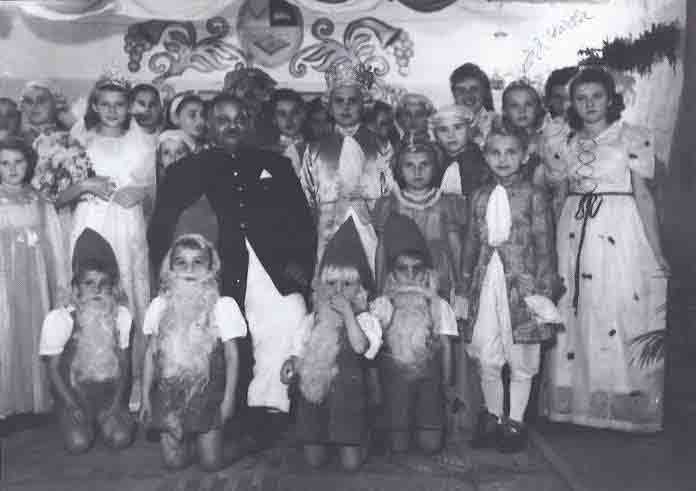
Ziuta Nowicka in 1945 (second from the right). Maharaja Jam Saheb - in the middle, second row.
The noble Maharaja Jam Saheb Digvijay Sinhji offered help to Polish children through the Red Cross. He adopted hundreds of Polish children and provided them with good living and learning conditions in British India.
The Maharaja was called by his charges "the good Maharaja." First, he opened the doors of his summer palace for them, and then built a housing estate on the land belonging to him, which then became home to over a thousand orphans and a few other survivors. He also paid from his own resources for their education, medical treatment, and food. The Indian independence supporter explained that freedom and goodness do not come at a price.
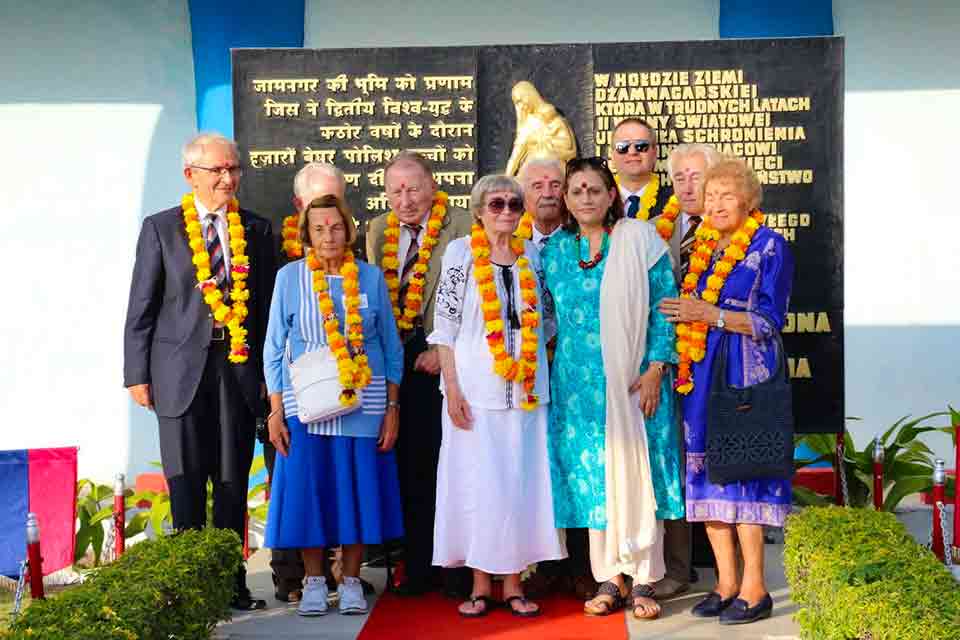
Ziuta Nowicka (first row, middle, dressed in white) in Balachadi, India in 2018, a week before her unexpected death, next to Anu Radha, the producer of the movie "Little Poland in India", on the right.
Ziuta survived the war and her touching, extraordinary story was saved and written by the efforts of her daughter, Imogene Salva in the book "One Star Away". Its English edition can be purchased at amazon.com.
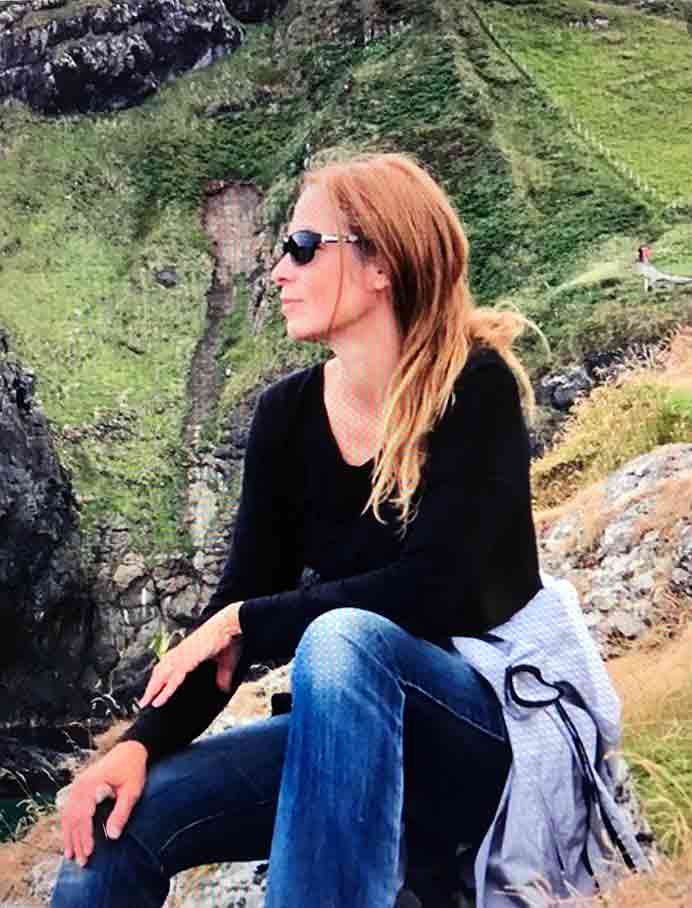
Imagene Salva, the author of the book and daughter of Ziuta Nowicka
The author of the book, the daughter of Ziuta Nowicka, remains available for possible literary meetings. She can be contacted by email at: Imogene Salva imosalva@gmail.com.




